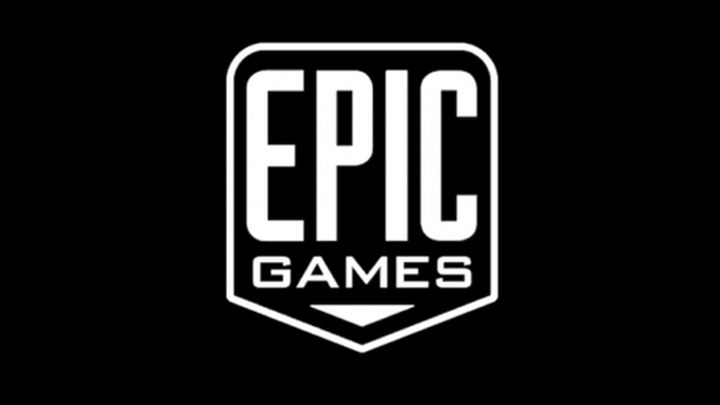Epic Games will release network tools used in Fortnite
Next year, Epic Games will release network tools that were used in the production of Fortnite. They will be available for free, just like Unreal Engine 4.

IN SHORT:
- Next year, Epic Games will release a set of multi-platform (and cross-platform) development tools that were used in the production of Fortnite;
- Further segments of the mentioned technology will be handed over to developers gradually, starting from the second quarter of 2019;
- The tools can be used free of charge and in different parts of the world – just like the Unreal Engine 4.
Epic Games is known for several things. Currently, the most popular is probably the megahit shooter Fortnite, which keeps breaking new popularity records. However, before the idea for such a game appeared in the minds of game designers, they developed the Unreal Engine. Over the years, the license to use subsequent versions of this technology was willingly purchased by various developers who did not want to create their own engine.
Everything changed in 2015, when a revolutionary decision was made – the latest version of Unreal Engine (numbered 4) was made available for free to all interested parties (instead of a fee/ subscription, a 5% royalty is charged on the sale of games that generate revenue higher than $3,000). This action has made the Unreal Engine, besides Unity, one of the most popular graphics engines used by independent teams and game designers. Now the company is going a step further: in 2019, it will enable a free use of multi-platform (and cross-play) networking tools, which were used in the development process of Fortnite.
In 2019, we will launch a large set of cross-platform gaming tools, originally built for Fortnite and tested in battles with 200 million players on 7 platforms. These services will be free of charge for all developers. They will be available for all engines, all platforms and stores. As a programmer, you can freely choose Epic solutions and combine them with others as you want," the company announced.
What is it all about?
- Logins, lists of friends, profiles – in the second and third quarter of 2019 selected parts of the technology will be released to manage logins, lists of friends, presence on servers, profiles of individual players and their achievements. The tools will be available for the seven most important platforms on the market: PC, Mac, iOS, Android, PlayStation, Xbox and Nintendo Switch;
- PC/Mac Overlay API – in the third quarter of 2019, independent developers will be given access to a user interface which contains all features described above. The technology will work with various platforms and engines;
- Inter-platform voice communication – also in the third quarter, a tool will be made available to implement an efficient multi-platform communication service in the game, which will support all platforms, shops and engines;
- Inter-platform teams and matchmaking – the tool will be available in Q3-Q4 2019. It will support all platforms;
- Inter-platform data storage and cloud gaming technology – second quarter of 2019;
- Cross-platform achievements and trophies – these are planned for the third quarter of 2019.

This is just the beginning
Interestingly, Epic Games does not intend to stop at the aforementioned pieces of code – more tools are planned to be released in the future. This includes technology to fight cheaters, manage player-created content, and additional social features.
In short, indie developers will get practically everything they need to create a multiplayer online game for free – no matter which platform(s) it is dedicated to. The tools are supposed to be reliable and available in practically every corner of the world (thanks to the use of Amazon's online service). Additionally, once the developers have completed their production and decided to release it in the recently opened Epic Games Store, they will be able to enjoy much more preferable conditions than the competition.
It's hard not to notice a coherent and logical strategy in recent actons of Epic Games – the company establishes relationships with developers, offering them the tools and providing conditions for further development. Cooperation with independent developers is intended to drive the new digital distribution platform forward. Is it enough to challenge Steam? Certainly not yet. However, if Valve chooses to rest on their laurels and does not react accordingly, in a few years' time, the industry may look completely different than today. One thing is certain – Epic Games has ambitious plans for the future and is willing to do a lot to achieve its goals.
0
Latest News
- End of remote work and 60 hours a week. Demo of Naughty Dog's new game was born amid a crunch atmosphere
- She's the new Lara Croft, but she still lives in fear. Trauma after Perfect Dark changed the actress' approach to the industry
- „A lot has become lost in translation.” Swen Vincke suggests that the scandal surrounding Divinity is a big misunderstanding
- Stuck in development limbo for years, ARK 2 is now planned for 2028
- Few people know about it, but it's an RPG mixing Dark Souls and NieR that has received excellent reviews on Steam, and its first DLC will be released soon


